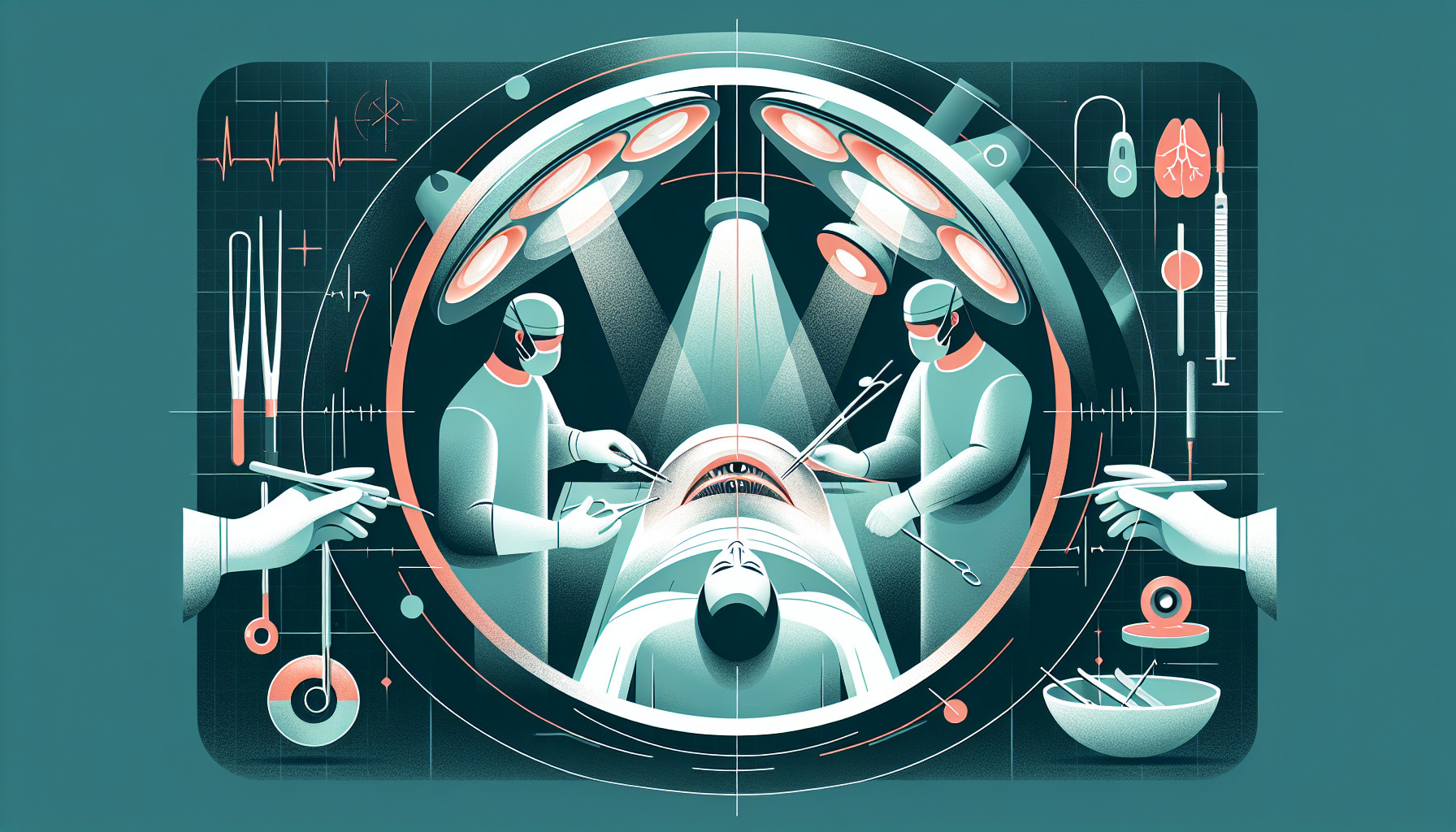Our Summary
This research paper looks at the effectiveness and safety of a type of cataract surgery, called femtosecond laser-assisted cataract surgery (FLACS), in patients who have previously had corneal refractive surgery (CRS). CRS is a common procedure used to correct vision problems. The study compares the results of FLACS with those of traditional phacoemulsification cataract surgery (PCS).
The researchers found that three months after surgery, both the FLACS and PCS groups showed similar improvements in vision. However, the FLACS group had a greater reduction in refractive astigmatism (a vision problem caused by an irregularly shaped cornea) and ocular residual astigmatism (astigmatism that remains after surgery). There were no significant differences in complications between the two groups.
In simpler terms, the study suggests that the new laser surgery could be a better option for patients who have had previous corneal surgery, as it appears to be equally safe and might provide better visual quality by reducing astigmatism more effectively.
FAQs
- What is femtosecond laser-assisted cataract surgery (FLACS) and how does it compare to traditional phacoemulsification cataract surgery (PCS)?
- How does the outcome of FLACS differ in patients who have previously undergone corneal refractive surgery (CRS)?
- Does femtosecond laser-assisted cataract surgery (FLACS) lead to fewer complications compared to traditional phacoemulsification cataract surgery (PCS)?
Doctor’s Tip
A doctor might tell a patient considering cataract surgery that femtosecond laser-assisted cataract surgery (FLACS) could be a good option, especially if they have had previous corneal refractive surgery. FLACS may provide better outcomes in terms of reducing astigmatism and improving visual quality compared to traditional cataract surgery. It is important to discuss all options and potential risks with your doctor before making a decision.
Suitable For
Patients who are typically recommended cataract surgery are those who are experiencing significant vision impairment due to cataracts. This includes individuals who have difficulty with daily activities such as reading, driving, or recognizing faces. Other factors that may indicate the need for cataract surgery include:
- Blurry or cloudy vision that cannot be corrected with glasses or contact lenses
- Glare or sensitivity to light
- Double vision in one eye
- Difficulty seeing at night
- Changes in color perception
It is important for patients to undergo a comprehensive eye examination with an eye care professional to determine if cataract surgery is necessary. The decision to undergo cataract surgery should be based on the individual’s overall health, lifestyle, and visual needs.
Timeline
Before cataract surgery, a patient will typically experience gradually worsening vision, often described as cloudy or blurry vision, glare, difficulty driving at night, and colors appearing less vibrant. Patients may also experience difficulty reading or performing daily activities that require clear vision.
After cataract surgery, patients typically experience improved vision within a few days to weeks, with full recovery taking about a month. Patients may need to wear a protective shield over the eye for a few days, use eye drops to prevent infection and reduce inflammation, and avoid strenuous activities for a period of time. Follow-up appointments with the surgeon are necessary to monitor healing and ensure optimal results. Patients may also need to wear glasses or contact lenses to achieve the best possible vision after surgery.
What to Ask Your Doctor
Some questions a patient should ask their doctor about cataract surgery include:
- What are the different types of cataract surgery available, and which one do you recommend for me?
- What are the potential risks and complications associated with cataract surgery?
- How long is the recovery period, and what can I expect in terms of post-operative care?
- Will I need to wear glasses or contact lenses after cataract surgery?
- How successful is cataract surgery in improving vision?
- How experienced are you in performing cataract surgery, and what is your success rate?
- What is the difference between traditional phacoemulsification cataract surgery and femtosecond laser-assisted cataract surgery?
- Are there any specific factors that make me a better candidate for one type of surgery over the other?
- Will my previous corneal refractive surgery affect the outcome of cataract surgery?
- Are there any alternative treatments or procedures that I should consider before deciding on cataract surgery?
Reference
Authors: Ahn H, Jun I, Seo KY, Kim EK, Kim TI. Journal: Sci Rep. 2022 Mar 11;12(1):4263. doi: 10.1038/s41598-022-08297-8. PMID: 35277568
